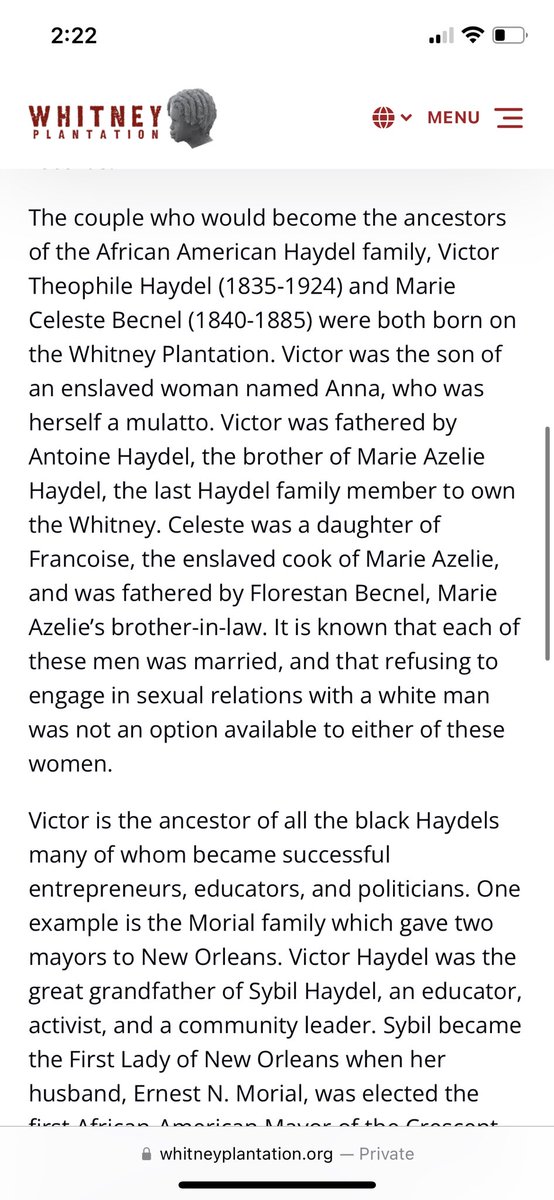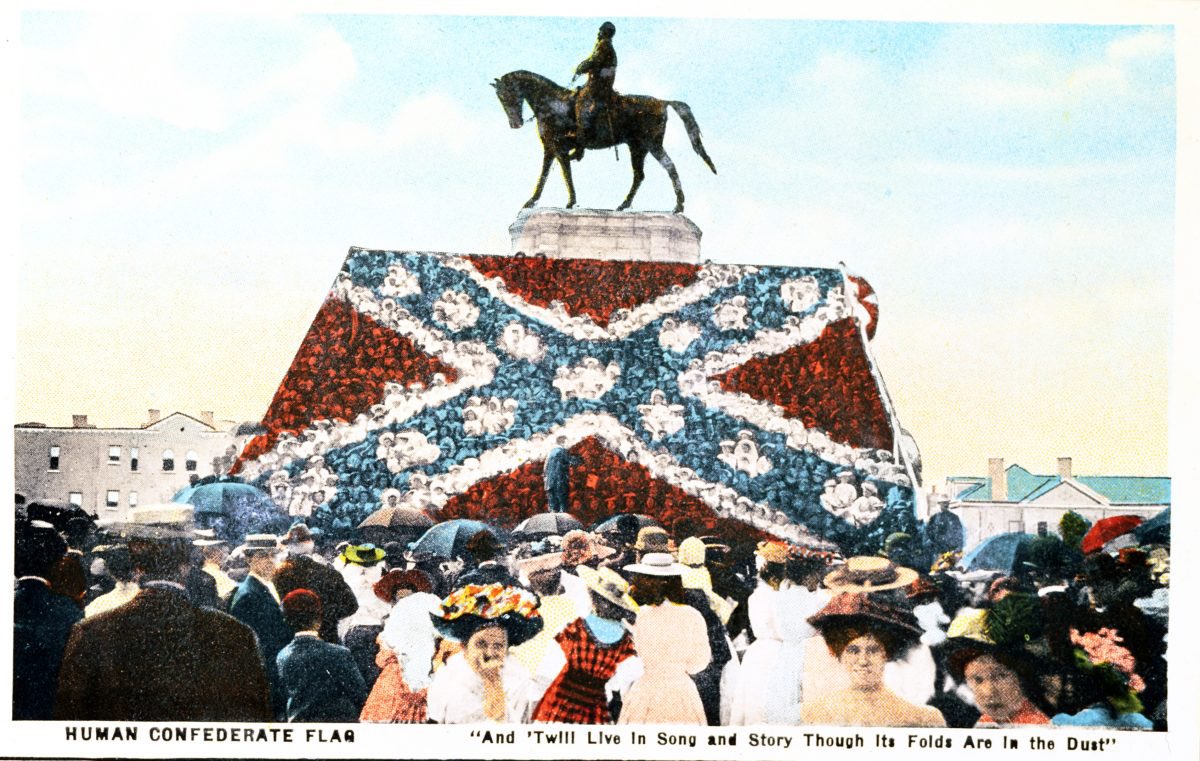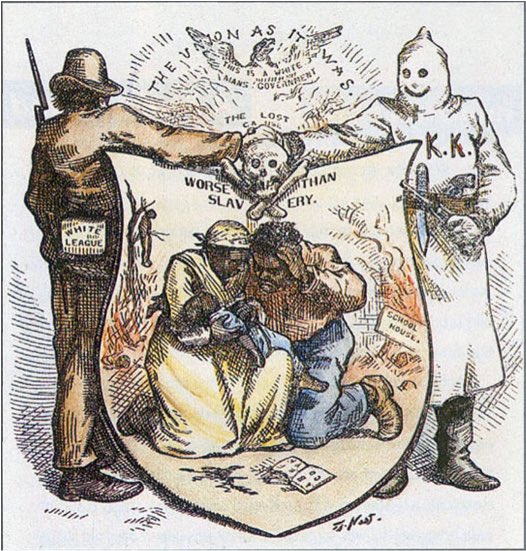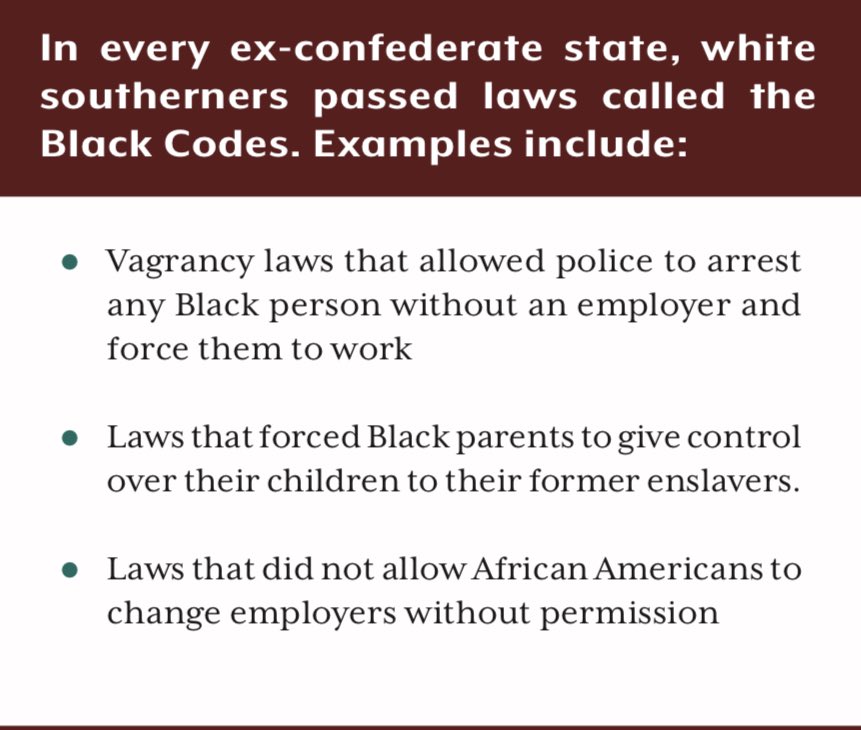
“Hampton, VA. Slab-town: After the Civil War, African Americans lived in large, segregated refugee camps like Slabtown because there was nowhere else for them to go. Hospitals, dispensaries, and military camps were unable to serve the masses of enslaved people…” #ReparationsNow 
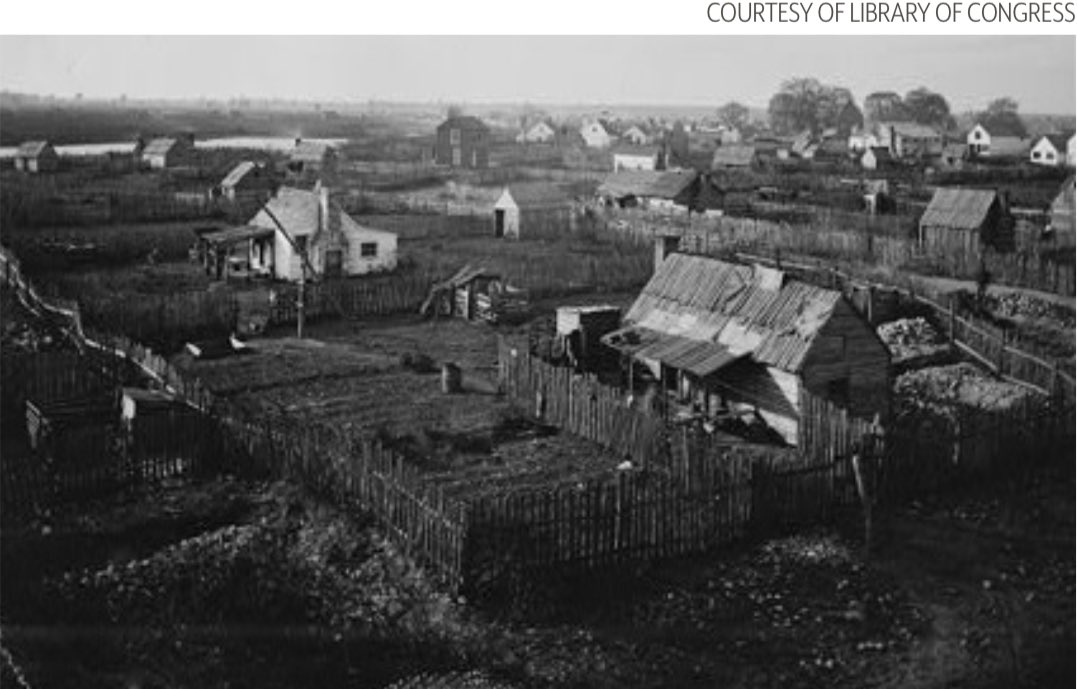
“Escaped and abandoned formerly enslaved people settled near or within the Union Army’s military camps and battle lines. The camps did not have adequate sanitation, nutrition, or medical care. One out of every four African Americans who lived in the camps died.(1864) #Reparations 



• • •
Missing some Tweet in this thread? You can try to
force a refresh




